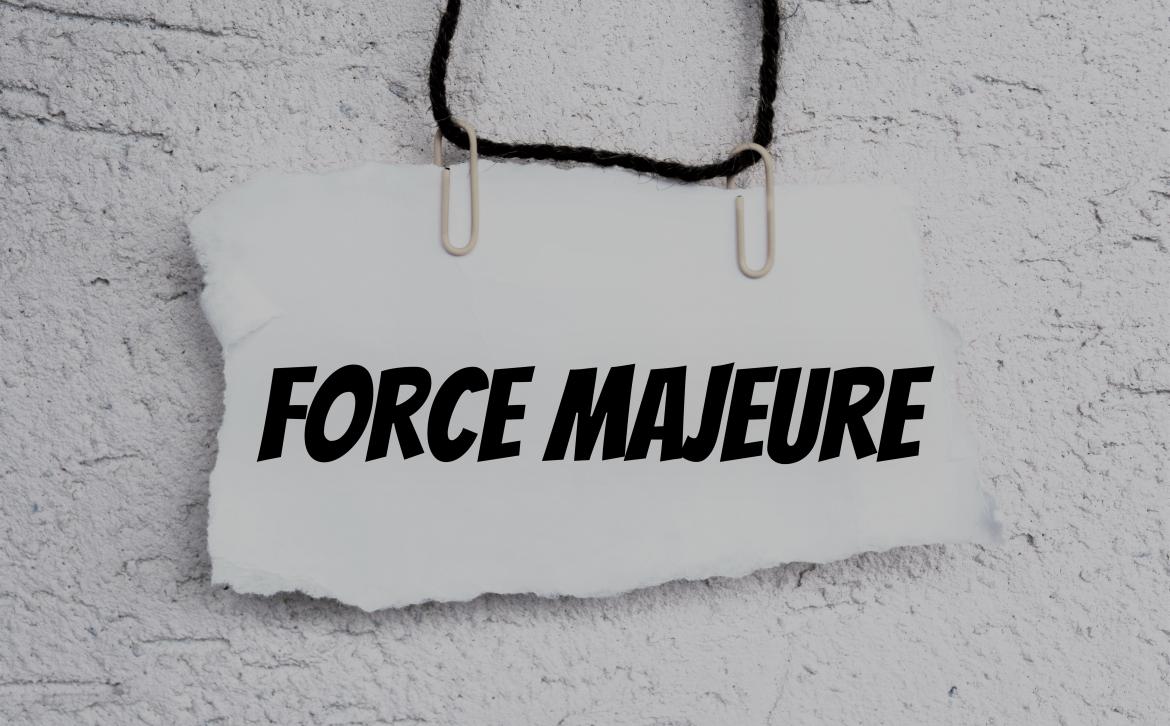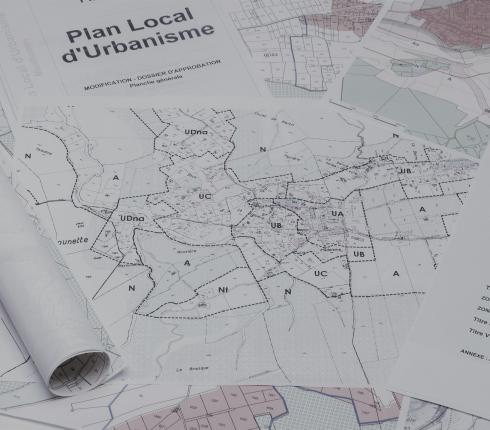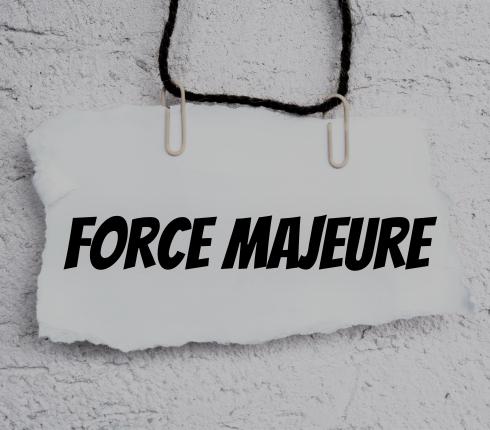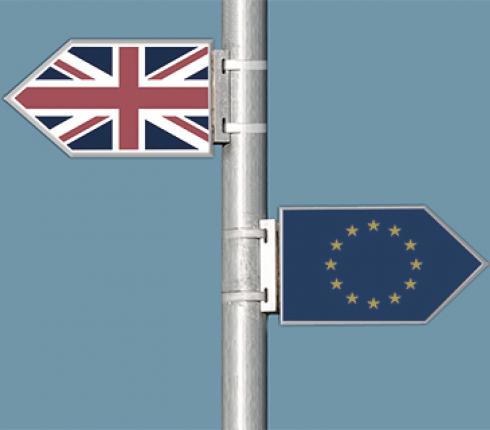Force majeure in the context of the war in Ukraine – when can an entrepreneur rely on it?
It has not gone unnoticed that the war in Ukraine has had an impact on the economic environment in Estonia. The sectors that receive their raw materials or labor from Ukraine, Russia, or Belarus have been most directly affected. Some companies may have looked at their previously concluded contracts and the raw materials that have not been received and acknowledged that there just has to be a case of force majeure, because it is not possible to squeeze water out of a stone. But how to legally identify and prove the existence of force majeure?

The existence of force majeure is one way to exclude a person's liability for breach of contract in the Estonian and many foreign legal systems. However, to exclude liability, it is insufficient to simply refer to the mystical "force majeure", rather it must also be reasoned appropriately. In general, there are four prerequisites for relying on and proving force majeure, which we will describe below in the context of the war in Ukraine.
1. The circumstances caused by the war in Ukraine impede the performance of the contractual obligation
In this respect, it is worth noting that the mere existence of the war in Ukraine is not sufficient to allow everyone to escape their liability for breaches of contracts. It is essential to show how the war in Ukraine affects the obligations of the entrepreneur. For example, it is necessary to indicate why it is not possible to obtain specific material from anywhere other than Ukraine or why it cannot be timely obtained from elsewhere (a delay in the performance of the contract may also constitute a breach of contract).
2. The event is beyond the scope of influence of the obligated person
At first glance, this assumption may seem funny – of course, an Estonian entrepreneur cannot influence whether there is a war in Ukraine. However, if, for example, a company orders goods from Ukraine now, in May 2022, rather than from another suitable country, then such a decision is clearly within the scope of the company's influence.
3. The event could not have been foreseen
Similarly, here we must analyze which decision is closest to the contractual obligation. For example, the war in Ukraine and the resulting supply difficulties could probably not have been foreseen in the case of an order made last year, but if an Estonian company makes an order in May 2022, it inevitably must anticipate possible difficulties.
4. The event could not have been avoided, nor overcome
Again, contractual obligations must be considered upon this criterion. Nobody assumes that Estonian entrepreneurs could have prevented a war in Ukraine, but they may be able to avoid the situation of contractual breach by initially ordering raw materials from elsewhere or overcoming the difficulty by purchasing the material (even at a slightly higher price) from elsewhere when the impossibility of delivery from Ukraine becomes clear.
How long can force majeure be relied upon?
Force majeure can only be relied upon as long as it is impossible to perform the obligation. If, for example, the delivery of goods from Ukraine becomes possible again or if it appears that the same goods can also be delivered to Estonia from elsewhere, the obligation of the person to perform the contract will continue. However, it must be taken into account that generally the deadlines that cannot be met due to force majeure are postponed, i.e., the entrepreneur will not be in a new breach of contract as soon as the situation of force majeure ceases only because it failed to fulfill its obligations by the dates initially agreed in the contract.
(Author: Gerda Grauberg)



















































